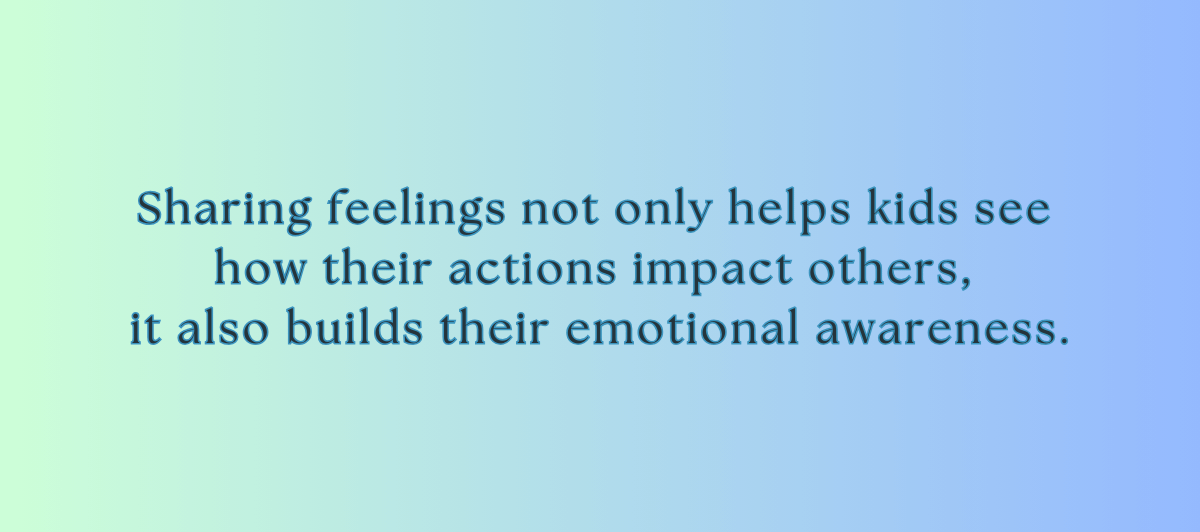
Why Kids Need Space after School?
It doesn’t matter if your child is usually a chatterbox or more reserved—sometimes, getting them to open up after school can be tough, at least for me. 😊
Your child arrives home, and you can’t wait to hear every detail. You ask, “How was your day?”
And you get… “Good.” (That’s my son’s go-to response)
Or maybe you get, “I don’t want to talk about it.”
Or nothing at all.
Sound familiar?
School days are long. They require a lot of emotional energy: paying attention, learning new things, navigating friendships, following rules, and being ‘on’ from start to finish.
It’s not about shutting you out — it’s that kids need space to unwind before they can talk. Instead of pressing for details right away, try giving them a calm, welcoming space. Offer a snack, suggest a quiet activity, or simply let them settle in.
When kids feel they have permission to decompress, they’re more likely to open up on their own. Sometimes the conversation comes minutes later, sometimes at bedtime, or even the next day — and that’s completely normal.
I know for my son bedtime is when he opens up – that’s when I get information I thought would happen as soon as he walked in the door.
This is what I know: Respecting that kids need space helps them feel supported and more willing to share when they’re ready.
Until next time…



